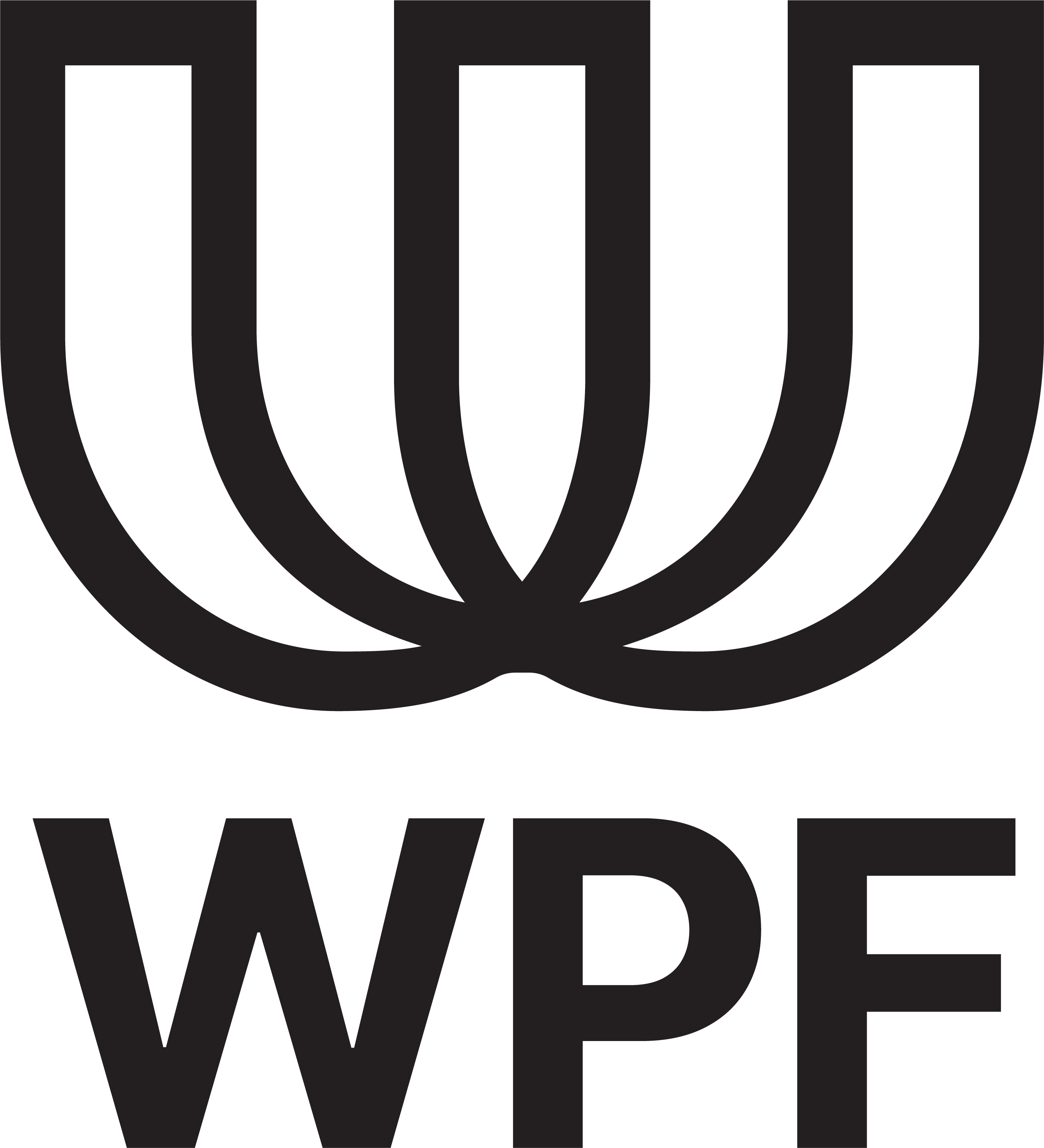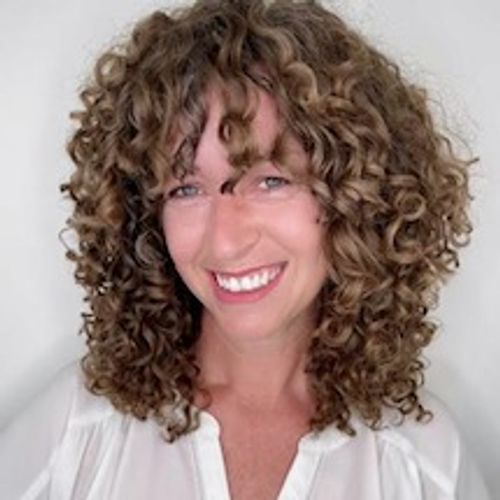Episode 1 - trailer
Introducing Season 2: Lessons from Global Resistance
In Season 2 of Disrupting Peace, we are looking around the world – and here in the US – to learn about how people resist efforts to concentrate political power. In each episode, host Bridget Conley, research director at the World Peace Foundation, speaks with local experts on the history and practicalities of resistance. Together they explore what works, what doesn’t, and why we shouldn’t give up.
Season 2 launches on March 11th.
Disrupting Peace is a production of the World Peace Foundation. Find out more at worldpeacefoundation.org.
Full Transcript
Bridget: Imagine you are president of the United States. It's a little bigger than Costa Rica. What would happen if the US abolished, you know, got rid of its military? How would that be possible and what would that change in the world?
Jorge: Frankly speaking, I could not envisage any scenario in which the US can disarm itself. At least not on my senses. Maybe if I am high… [laughter]
I could think about it because it's not a problem of a specific institution, but it's a problem of changing the global order.
[Music comes up]
I’m Bridget Conley, research director at the World Peace Foundation, and host of “Disrupting Peace”, a podcast about why peace hasn’t worked, and how it still could.
Today, it’s clear the US is backsliding when it comes to democracy and human rights. And it’s not just us. There’s a global shift towards concentrating power in the hands of an ever-smaller group of men – and it's nearly always men – at the top.
So this season, we’re looking at examples of resistance from six countries to see what we can learn. Scholars, activists, and politicians will help us understand how leaders attempt to concentrate power and how people fight back.
We’ll ask what we can learn from Iceland about sustaining a gender equality movement.
Silja: Prepare, resist oppression, lift the marginalized voices. And that's where there's opportunity for progress.
We’ll hear from the former president of Costa Rica about governing without a military. From a member of South Korea’s parliament about overturning martial law. And from Syrians, about how people rebuild their lives in the wake of dictatorship and war.
Ali: I arrived in Damascus one week after the Assad was toppled. I remember passing by a checkpoint and we had a driver. And then he said, you know, I want to kiss your forehead. I want to hug you because you don't know what we were going through just 10 days ago.
And while the topics are serious - think attempted state takeovers and preserving women’s rights - we’re not.
Tatjana: I welcome, you know, all these, you know, new revolutions being made, like free the nipple girls, you know, and -
Bridget: Wait, sorry. You're gonna have to say, Tatjana. What was that?
Tatjana: Sorry [laughter], free the nipple. It was 10 years ago that girls from various colleges here just freed their nipples and took off their bras and marched to protest sexist behavior of boys in schools.
Season 2 of Disrupting Peace launches March 11th.
You can find us on Spotify, Apple Podcasts, or wherever you listen. Subscribe now, so you don’t miss a single episode. We’ll see you then!


